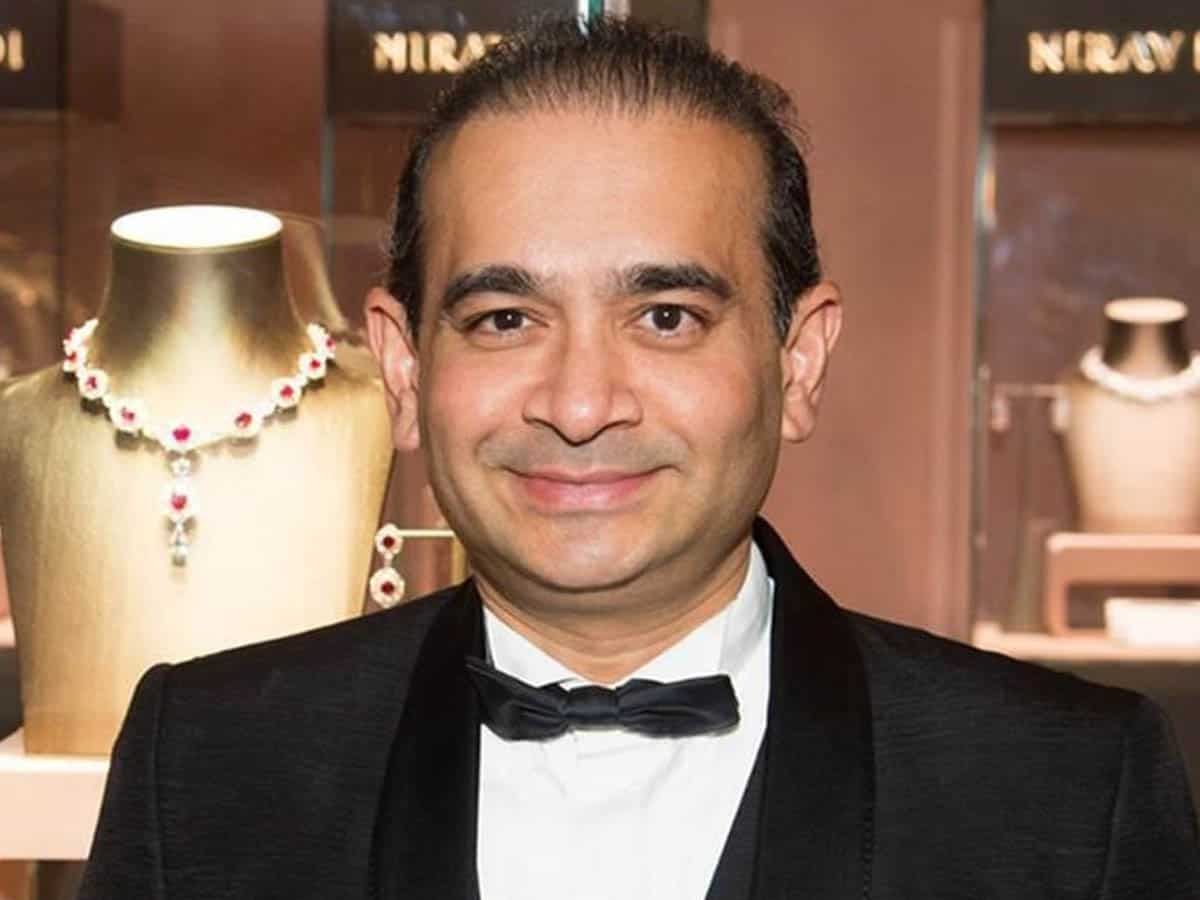London: Fugitive diamantaire Nirav Modi’s extradition case related to the estimated USD 2-billion Punjab National Bank (PNB) fraud and money laundering charges brought by the Indian government opened for a five-day hearing in a UK court on Monday.
The 49-year-old jeweller, who has been behind bars in a London prison since his arrest in March last year, appeared via a video link dressed in a dark suit and sporting beard as the second leg of the trial got underway at Westminster Magistrates’ Court here.
Representatives from the Central Bureau of Investigation (CBI) and the Enforcement Directorate (ED) were in court and logged into the remote court network to observe the UK’s Crown Prosecution Service (CPS) present their case before District Judge Samuel Goozee.
The hearings this week are ear-marked to complete those arguments after the Indian government had submitted additional corroboratory evidence.
It will then go on to deal with the additional extradition request, made by the Indian authorities and certified by UK Home Secretary Priti Patel earlier this year, which add on the charges of “causing the disappearance of evidence” and intimidating witnesses or criminal intimidation to cause death against Modi.
In line with the coronavirus lockdown restrictions, Judge Goozee had directed Modi’s appearance from a room in Wandsworth Prison in south-west London with social distancing norms in place for the part-remote setting of the hearings.
Justice Goozee had presided over the first leg of the extradition in May, during which the sought to establish a prima facie case of fraud and money laundering against Modi.
Goozee has already said that the different extradition requests are inextricably linked, and he would therefore be handing down his judgment at the end of hearing all the arguments.
Additional hearings scheduled for November 3, for the judge to rule on the admissibility of the evidence that will be presented before him, and December 1, when both sides will make their final submissions, mean his ruling on whether Modi has a case to answer before the Indian courts are expected only after the final hearing in December.
The charges against the diamond merchant centre around his firms Diamonds R Us, Solar Exports and Stellar Diamonds making fraudulent use of a credit facility offered by the PNB, known as letters of undertaking (LoUs).
Then, appearing on behalf of India has told the court that several PNB staff conspired with Modi to ensure LoUs were issued to his companies without ensuring they were subject to the required credit check, without recording the issuance of the LoUs and without charging the required commission upon the transactions.
Modi’s team has sought to counter allegations of fraud by deposing witnesses to establish the volatility of the gems trade and that the LoUs were standard practice.
Modi has made repeated attempts at bail over the past year, each of which was turned down as he is deemed a flight risk.
The jeweller was arrested on March 19, 2019, on an extradition warrant executed by Scotland Yard.
At a case management hearing ahead of the trial last month, Modi’s barrister Clare Montgomery told the judge that she may be seeking a partial reporting ban on the proceedings following allegations of party political bias against one of their expert witnesses from India Retired Indian High Court judge Abhay Thipsay.
We may have to put in an application for reporting restrictions around the reporting of his (Thipsay) evidence to avoid further public comment on it, she said.
From the legal documents submitted, prison conditions in India will once again play a major part in this extradition case, as in the past with other Indian extradition cases, with Modi’s severe mental health condition being a factor to be raised behind closed doors.

